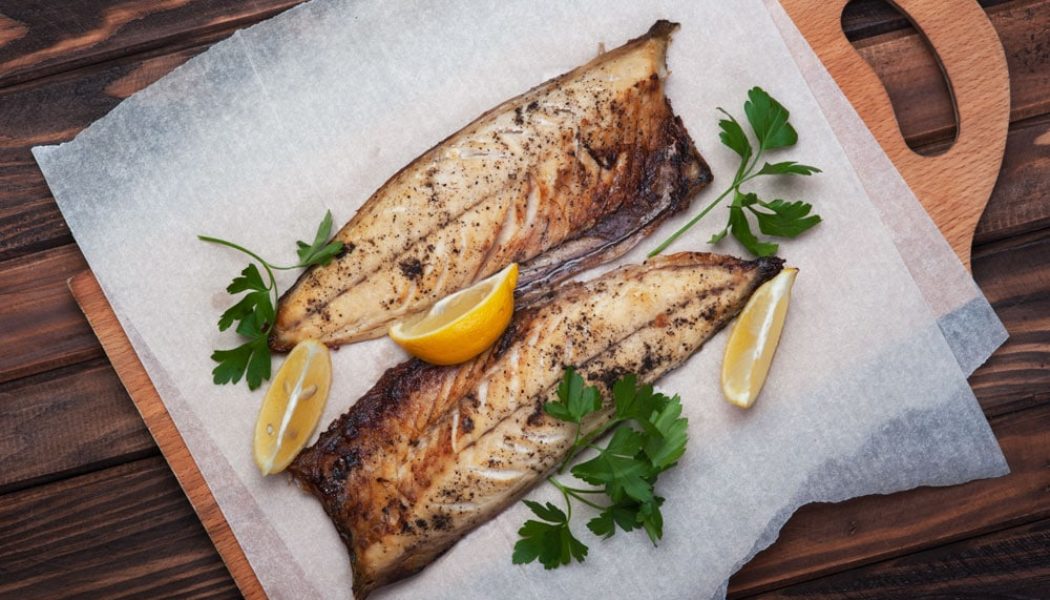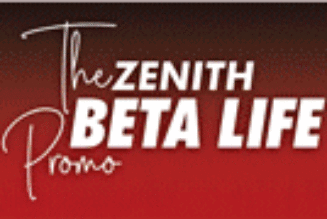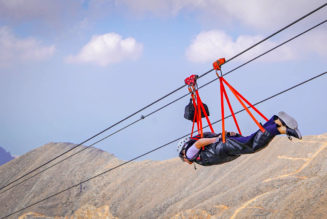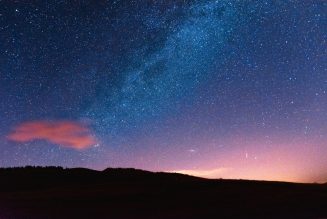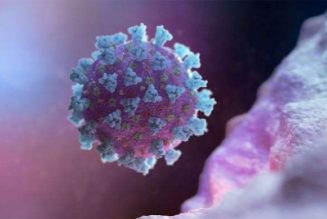At the age of 13, Kia turned vegetarian but 15 years later, she started eating fish again. Here she reflects on why that decision was wrong
There is an inherent hypocrisy in what I do for a living. On one hand, I write about the state of the planet, call for tourism caps and grapple with extinction tourism, but on the other, I continue to fly when I know that it’s the worst way to travel in terms of carbon emissions.
I console myself with the fact that I don’t eat meat, a worse offender when it comes to emissions, but I do eat fish and dairy. The temptation then is to say “well, fish isn’t as bad as meat” – and that may indeed be the case from an environmental standpoint, but what about the moral one?
The environmental issue is knotty and complicated, but the moral one – killing animals that we in affluent societies don’t need to eat – is, or at least should be, simpler.
I was introduced to animal slaughter relatively early. At 13, I visited my ancestral home of Bangladesh and witnessed the killing of two cows. As the stomachs were lifted out of the carcasses, I vowed to never eat meat again, partly due to a moral objection and partly a visceral horror.
I felt it was only natural to also give up fish and so, to my mum’s great despair, I turned vegetarian.
For a Muslim kid growing up in nineties East London, this was almost unheard of. I remember sitting at numerous weddings with platters filled with tandoori chicken and vats of lamb curry, and begging a waiter to bring me some dhal. Our culture revolves heavily around meat and for a long time, people thought I was an oddity.
Despite this, I remained vegetarian for the next 15 years. However, at the age of 28, I started eating fish again, mainly for the sake of convenience when travelling. Even in developed countries like France and Argentina, restaurants often didn’t have a single vegetarian option, in which case I chose to eat fish.
Slowly, fish crept back into my diet and I sometimes found myself choosing it even with a veggie alternative. In 2020, I didn’t travel at all, but still ate fish once or twice a month.
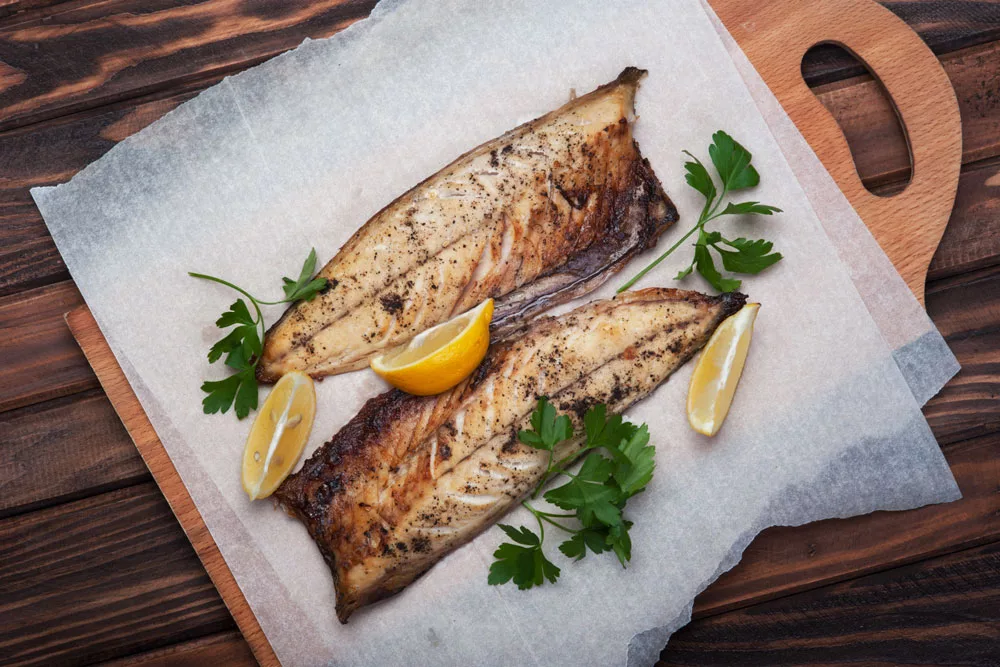
Then, last week, two things happened to (re)change my mind. First, I read We love animals – so why do we treat them so badly?, an illuminating article by Henry Mance, chief features writer at the FT. Second, I listened to the podcast Seaspiracy controversy: should we stop eating fish? and found myself utterly unconvinced by the counterpoint.
Mance’s article was particularly affecting. In it, he explains, “Love for animals is one of our society’s core values. Rational thinking is another. The way we treat animals doesn’t fit with either of these values; it is guided by tradition and inertia.”
Basically, we eat meat because it’s what we’ve always done and we can’t be bothered to change.
On the criticism of vegetarians, Mance says: “Don’t believe that vegetarians are deforesting the Amazon. Three-quarters of soyabean production goes into animal feed; less than 5% goes into tofu and soy milk. It’s simply more efficient to eat the beans directly than to raise animals. The expansion of agriculture is the biggest single force pushing wild animals to extinction.”
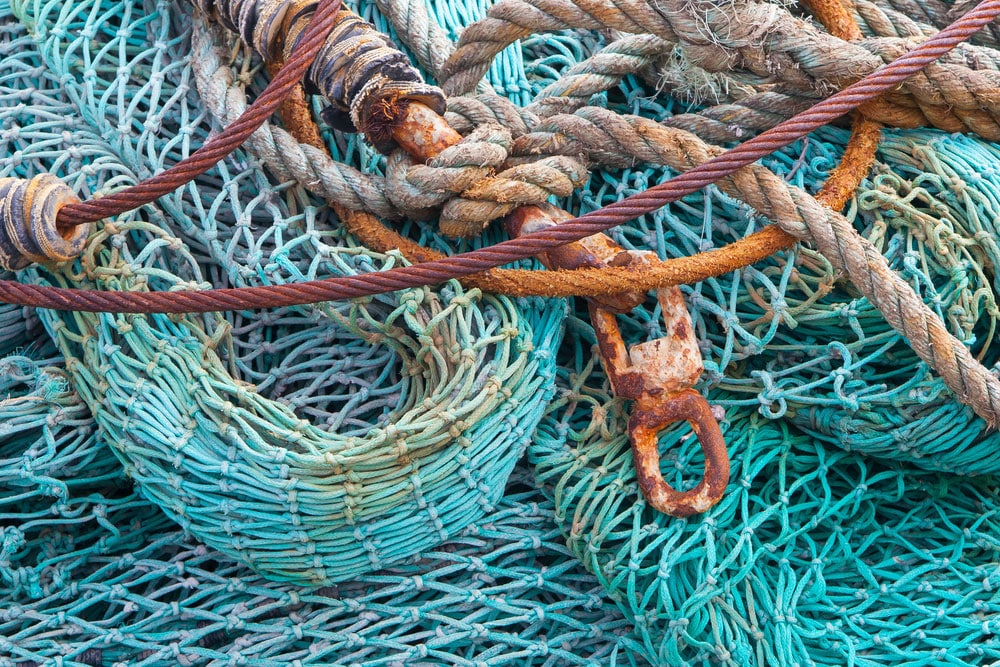
Of fish, he writes: “Then there are fish, which we kill by the trillion every year. Scientific studies now strongly suggest that they feel pain. But welfare laws largely do not limit how fish are caught at sea: often fish are dragged for hours in trawler nets, or left to asphyxiate out of the water.”
I remember reading an article a few years ago about an aquarium in South Carolina which housed an incredibly old cobia. The fish was thought to be blind and would rest at the bottom of its large tank. At feeding time, a smaller, younger cobia would swim to the bottom of the tank, nudge the older cobia and guide it up to the surface. Once they finished feeding, the young fish would guide the older one back to the bottom. This happened every day. Can we really say that those two creatures weren’t sentient?
After reading Mance’s article, I decided to give up eating fish again. Sadly, this doesn’t mean that I get a free pass. Mance writes: “Vegetarians generally see dairy as a guilt-free choice, because it doesn’t seem to involve death. But dairy involves cows being impregnated, immediately separated from their calves and then milked for our consumption. We break the bond between mother and calf, because we like the taste.”
The moral imperative is clear: we in affluent societies should stop consuming animals and animal products. Personally, I’m not ready to give up cheese and chocolate, so what’s the solution? Is there one?
I think writer Ezra Klein’s ‘imperfect veganism’ offers a good option. Under this model, Klein follows a vegan diet at home but accepts that he will be vegetarian when travelling, or when eating certain meals with certain people. This builds failure into the system and makes sure that when you fail, you don’t rebound into full carnivorousness. Rather, you chalk it up as a day off and continue being vegan.
I’ve heard so many people say that history will judge us harshly for the way we treat animals, but these same people also say “but I can’t give up eating meat” just as I say “I can’t give up cheese and chocolate”.
When we look at the most heinous atrocities in human history, we find it hard to fathom how good, normal people came to accept them. To understand that, we only need to look inward. We, like they, know that horrors are taking place. And we, like they, choose to keep calm and carry on.
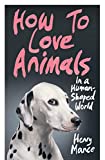
In How to Love Animals in a Human-Shaped World, Henry Mance sets out on a personal quest to see if there is a fairer way to live alongside other species. He goes to work in an abattoir and on a farm to investigate the reality of eating meat and meets the chefs, farmers, activists, philosophers, scientists and tech visionaries who are redefining how we think about animals.
